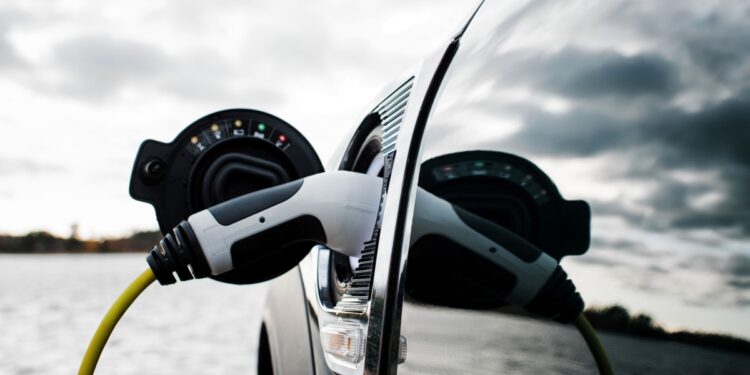Californians seem to be voting against a proposal on the midterm election ballot that would tax the wealthiest Californians to help pay for electric vehicle tax incentives and EV charging infrastructure in the state.
With about 53% of the state’s votes counted, Proposition 30 was losing 57.3% to 42.7%, according to California’s Secretary of State.
California is already a leader in promoting a shift to electric cars and was the first state to ban the sale of gas-powered cars by 2035. Proposition 30, as the ballot proposal is called, promises to accelerate that shift by adding an additional 1.75% tax on incomes above $2 million. Aside from helping Californians, particularly low-income residents, shift to EVs, 20% of the funds would be used to pay for wildfire prevention and firefighter training.
Ride-hailing company Lyft backed Prop. 30, contributing 95% of the campaign’s total funding, or $45 million. Lyft aims to have 100% of the vehicles on its platform be electric by 2030, so making EV incentives more available to low-income drivers would massively benefit the company.
Lyft, which recently laid off 13% of workers, didn’t hit revenue and active rider targets in its third-quarter earnings, causing its stock to fall and investors to fear the ride-hailing company is ceding too much ground to competitor Uber.
Opponents of the ballot, including California’s Governor Gavin Newsom, claim Lyft just wants to benefit itself at the expense of the rich. They argue it requires taxpayers to pay for EV subsidies that Lyft, as well as Uber, would have to pay on their own come 2030 when California law stipulates rideshare companies need EVs to account for 90% of their vehicle miles traveled. Curiously, Uber has stayed quiet on the matter.
“Prop. 30 is being advertised as a climate initiative,” Newsom says in an advertisement slating the proposal. “But in reality, it was devised by a single corporation to funnel state income taxes to benefit their company. Put simply, Prop. 30 is a Trojan Horse that puts corporate welfare above the fiscal welfare of our entire state.”
The California Democratic party, of which Newsom is a member, endorsed the ballot proposal. Newsom has teamed up with the Chamber of Commerce and other billionaires to oppose a proposal that they think will cause wealthy Californians to leave the state. Labor groups and environmentalists are defending the measure.





